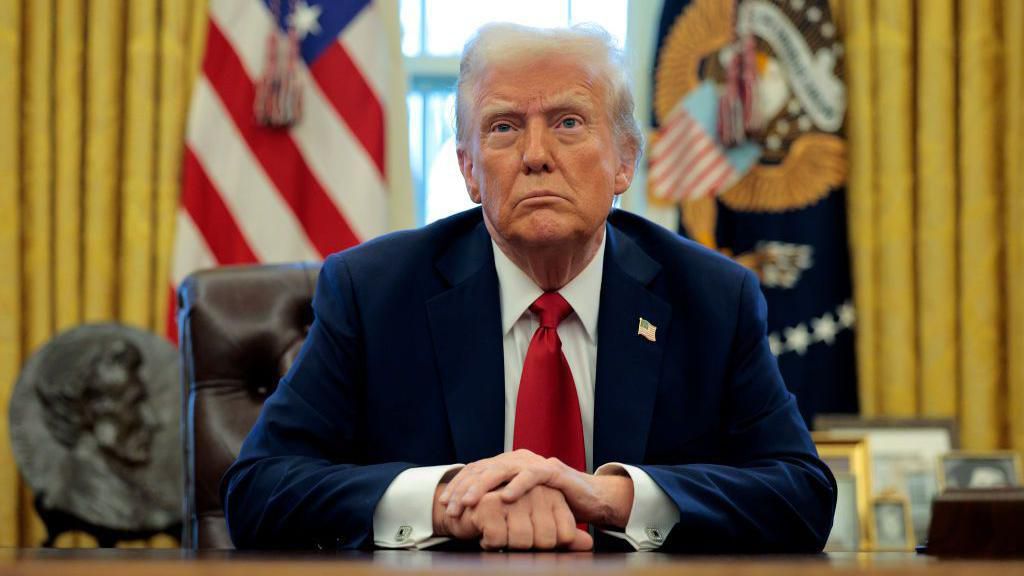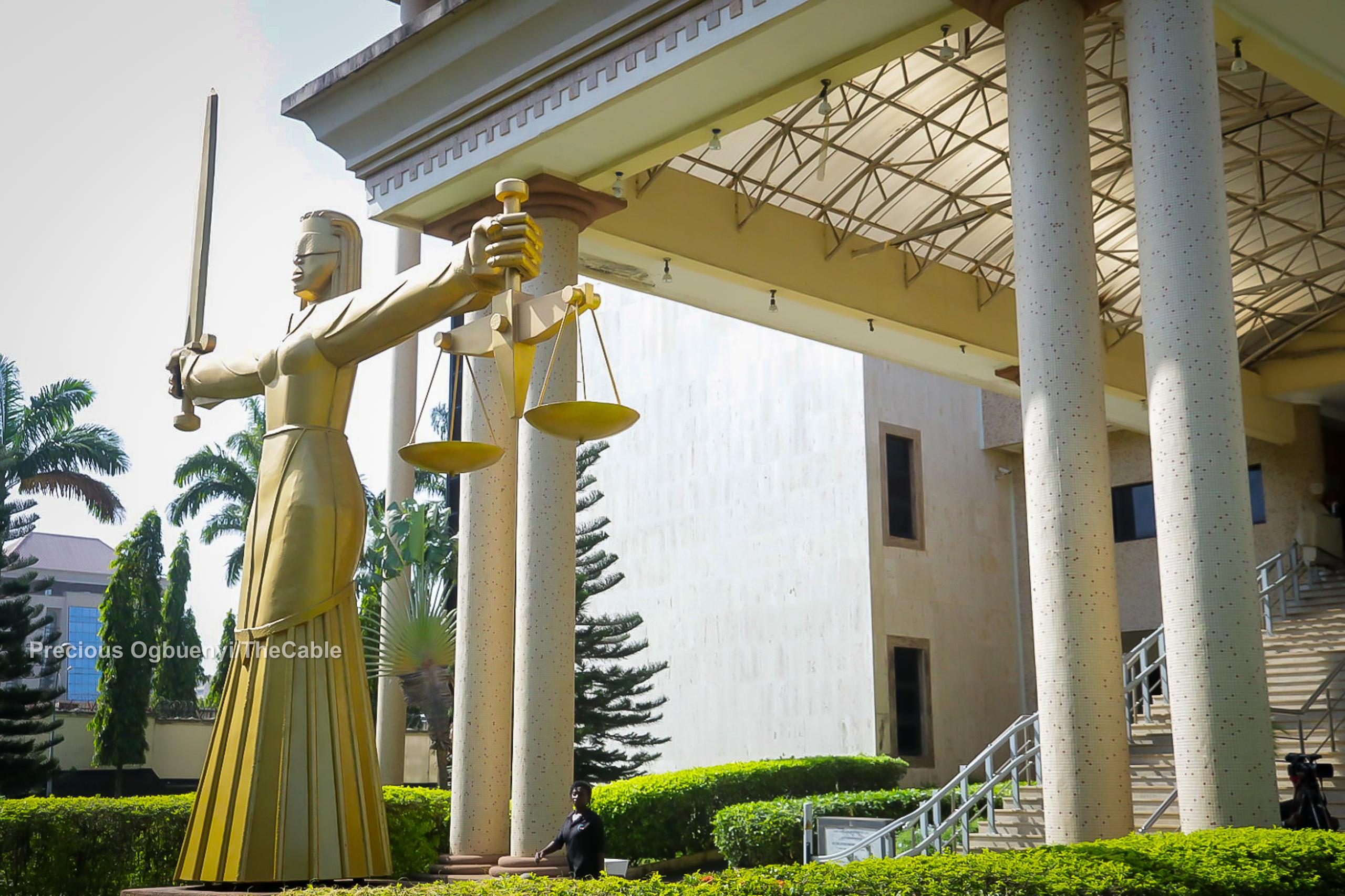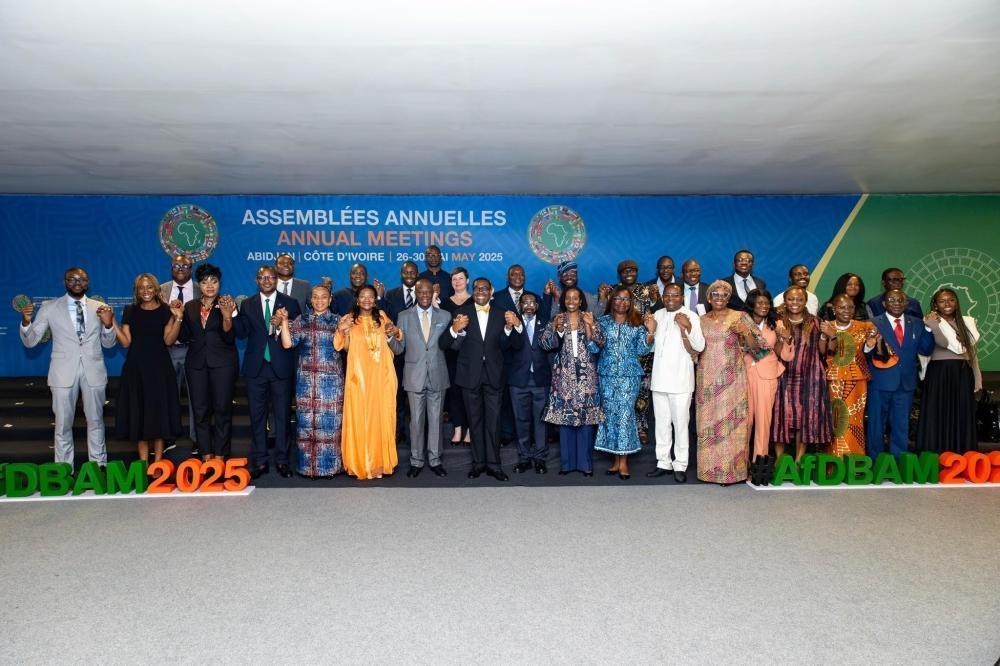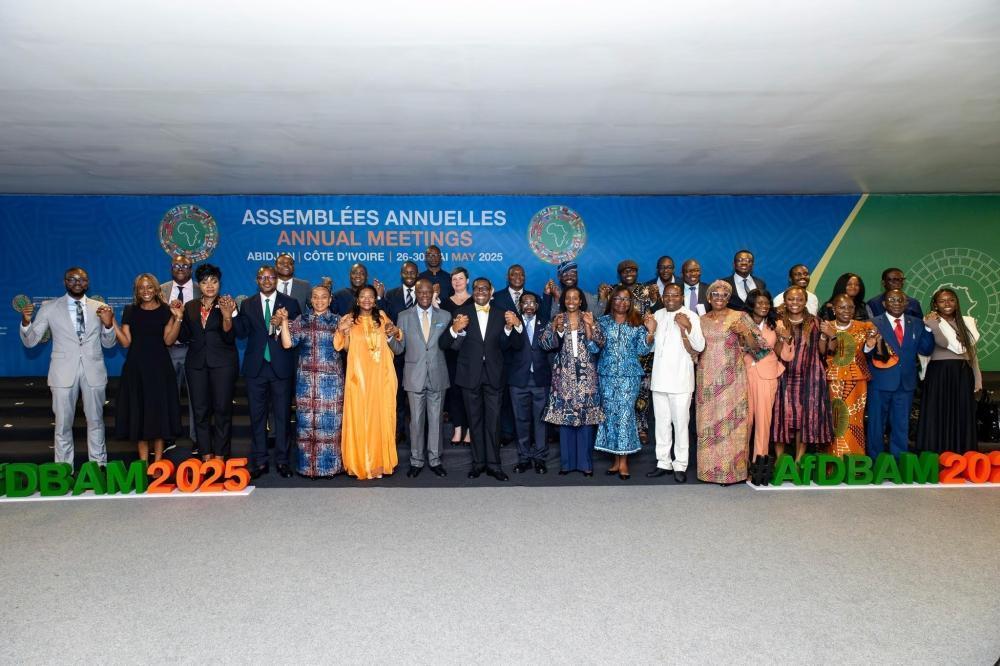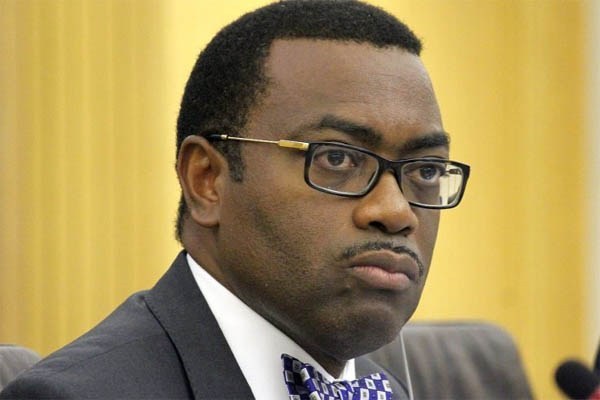A New Chapter at the AfDB Honoring the Past Shaping the Future - South Africa
JP Fabri
Leadership transitions are inflection points, moments that honour legacy while igniting momentum for change. The African Development Bank (AfDB) now stands at such a moment, with the election of Sidi Ould Tah as its ninth President, following the two-term tenure of Dr. Akinwumi Adesina. This is more than a change at the helm; it is a passing of the torch at a critical moment in Africa’s development journey.
Dr. Adesina’s presidency redefined the AfDB’s voice and ambition. With his “High 5” agenda – Power Africa, Feed Africa, Industrialise Africa, Integrate Africa, and Improve the Quality of Life for Africans – he recast the Bank as a bold, forward-looking institution.
Under his leadership, the Bank increased its capital base, ramped up investment in infrastructure, led COVID-19 response efforts, and fought for Africa’s role in global climate financing. He transformed the Bank into a beacon of confidence and possibility for Africa.
Now, Sidi Ould Tah, a seasoned development banker and former President of the Arab Bank for Economic Development in Africa (BADEA), assumes this legacy with a new mandate: to transform potential into results. His election comes at a time of unprecedented complexity.
Africa faces rising food insecurity, growing debt pressures, and an increasingly fragmented global trade system. Yet, there is also immense promise: a young, tech-savvy population, abundant resources, and the African Continental Free Trade Area.
Tah’s task is to shift the Bank’s focus from vision to velocity. The foundations are set. The next phase demands execution and measurable impact. Nowhere is this more urgent than in agriculture.
Despite its natural endowments, Africa imports $50 billion in food annually. Agriculture must be transformed from subsistence into surplus through digital innovation, access to finance, climate-smart practices, and parametric insurance. The AfDB must drive this transformation boldly.
Equally vital is the need to industrialise. Africa cannot continue exporting raw materials and importing finished goods. The AfDB under Tah should lead investments in industrial zones, logistics corridors, and cross-border infrastructure that turn Africa into a manufacturing and trade powerhouse. The AfCFTA is a game-changer, but it must be backed by investment in physical and digital connectivity.
Yet transformation is not just about capital, it is about capability. Tah must ensure the Bank becomes a true partner in strengthening Africa’s institutions. Weak governance, poor public finance management, and regulatory bottlenecks remain development roadblocks. The AfDB should support African governments not only with finance but also with institutional know-how.
Climate resilience must also be high on Tah’s agenda. Building on Adesina’s climate leadership, the Bank should scale investments in off-grid energy, water systems, and green finance. Africa deserves climate justice, but it also needs adaptation at scale.
Human capital is another cornerstone. With Africa’s youth population exploding, Tah must steer the AfDB to support innovation in education, skilling, and health. Without jobs and opportunities, Africa’s demographic dividend could become a demographic dilemma.
The future also lies in technology. From digital IDs and e-health to AI and fintech, Africa’s leapfrog potential is real. The Bank should not just support these innovations; it should shape the ecosystem that allows them to scale inclusively.
Finally, Tah must make the AfDB a catalyst for crowding in private capital. Africa’s development financing needs far exceed public resources. Blended finance, public-private partnerships, and risk-sharing instruments must become central to the Bank’s approach.
This leadership transition is not about continuity versus change; it is about deepening the mission. Adesina reawakened Africa’s ambition. Tah must deliver on it.
The AfDB should become more agile, catalytic, and audacious. In a world where geopolitical tensions are rising and global financing is increasingly constrained; Africa needs its own institutions to rise. The AfDB must be that cornerstone.
Africa’s moment is not in the distant future. It is now. As we thank Dr. Adesina and welcome President-elect Sidi Ould Tah, the Bank must channel the energy of the past into the urgency of the present. It is time to turn vision into lasting impact.
Source: The New Times
